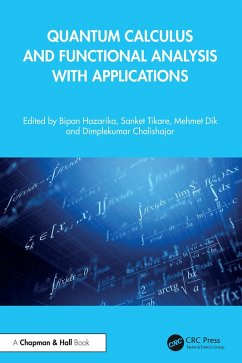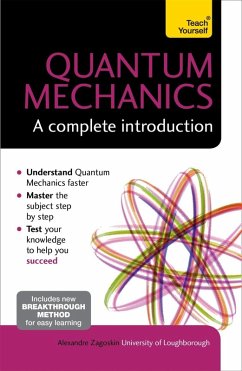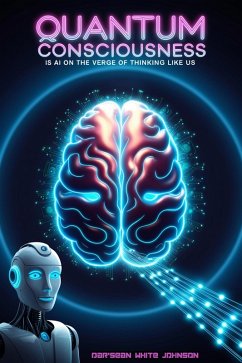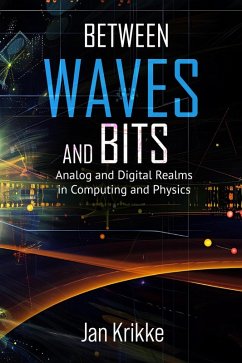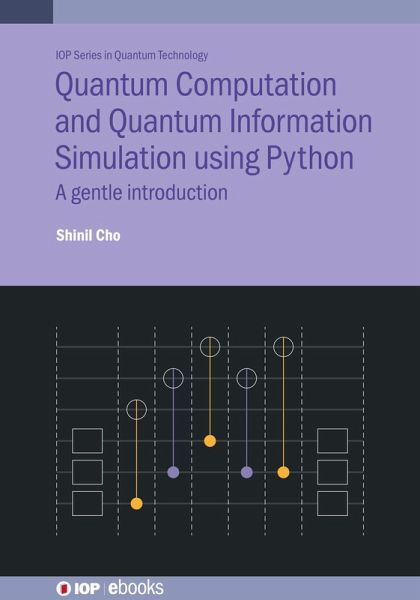
Quantum Computation and Quantum Information Simulation using Python (eBook, ePUB)
A gentle introduction

PAYBACK Punkte
24 °P sammeln!
This book provides an easy-to-read but practical introduction to quantum gate simulation to serious learners of the subject. Fundamental physical concepts and selected programming examples of quantum simulations are described for readers who want to use the simulation with a physical understanding background without the use of rigorous mathematics.This book is intended to offer a self-study book for senior and graduate students of physics, computer science, and mathematics who want to learn and write quantum codes. It may also serve as a textbook or a reference at academia and industries. Read...
This book provides an easy-to-read but practical introduction to quantum gate simulation to serious learners of the subject. Fundamental physical concepts and selected programming examples of quantum simulations are described for readers who want to use the simulation with a physical understanding background without the use of rigorous mathematics.
This book is intended to offer a self-study book for senior and graduate students of physics, computer science, and mathematics who want to learn and write quantum codes. It may also serve as a textbook or a reference at academia and industries. Readers are expected to have introductory knowledge of linear algebra although it is briefly reviewed in this book. Some experience of computer programming is helpful, but no prior knowledge of Python is required for writing the quantum codes shown in this book.
Key Features:
This book is intended to offer a self-study book for senior and graduate students of physics, computer science, and mathematics who want to learn and write quantum codes. It may also serve as a textbook or a reference at academia and industries. Readers are expected to have introductory knowledge of linear algebra although it is briefly reviewed in this book. Some experience of computer programming is helpful, but no prior knowledge of Python is required for writing the quantum codes shown in this book.
Key Features:
- Easy-to-read content for self-paced readers.
- Many examples with background physics.
- Detailed description of entanglement and teleportation.
- Guide to industrial resources.
- Includes codes and video.
- DIY quantum gate simulations.
Dieser Download kann aus rechtlichen Gründen nur mit Rechnungsadresse in A, D ausgeliefert werden.




